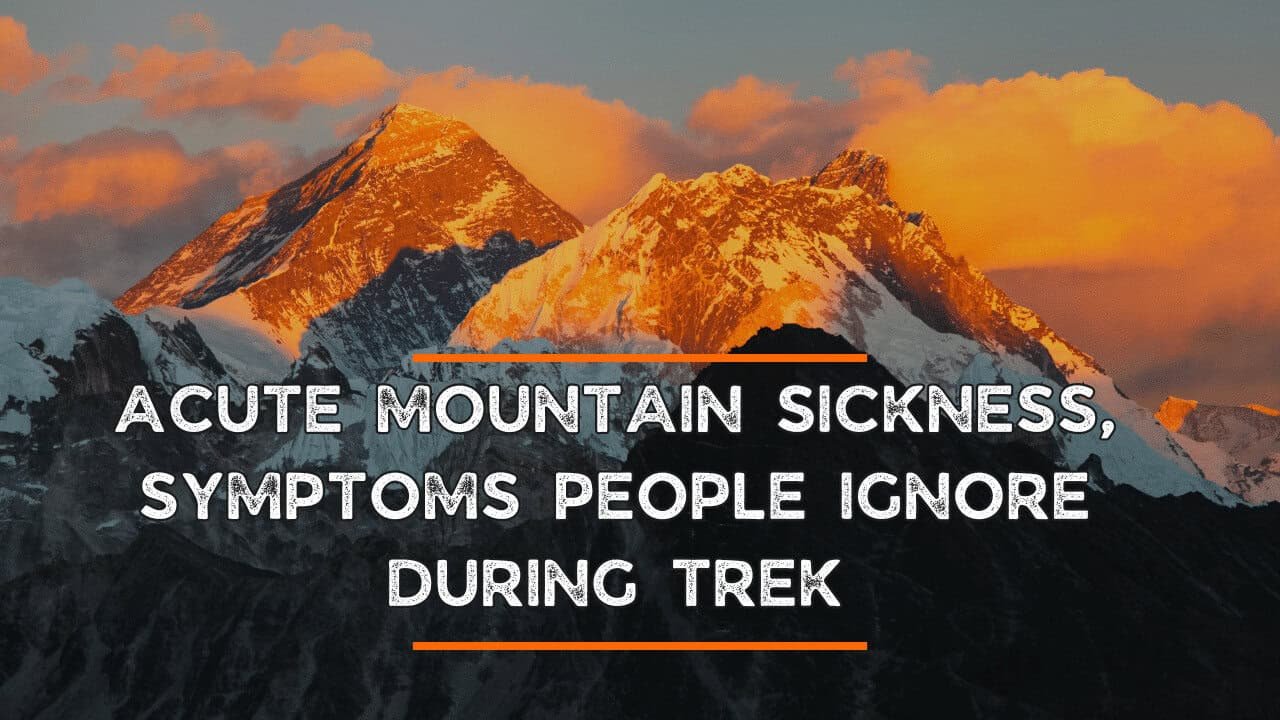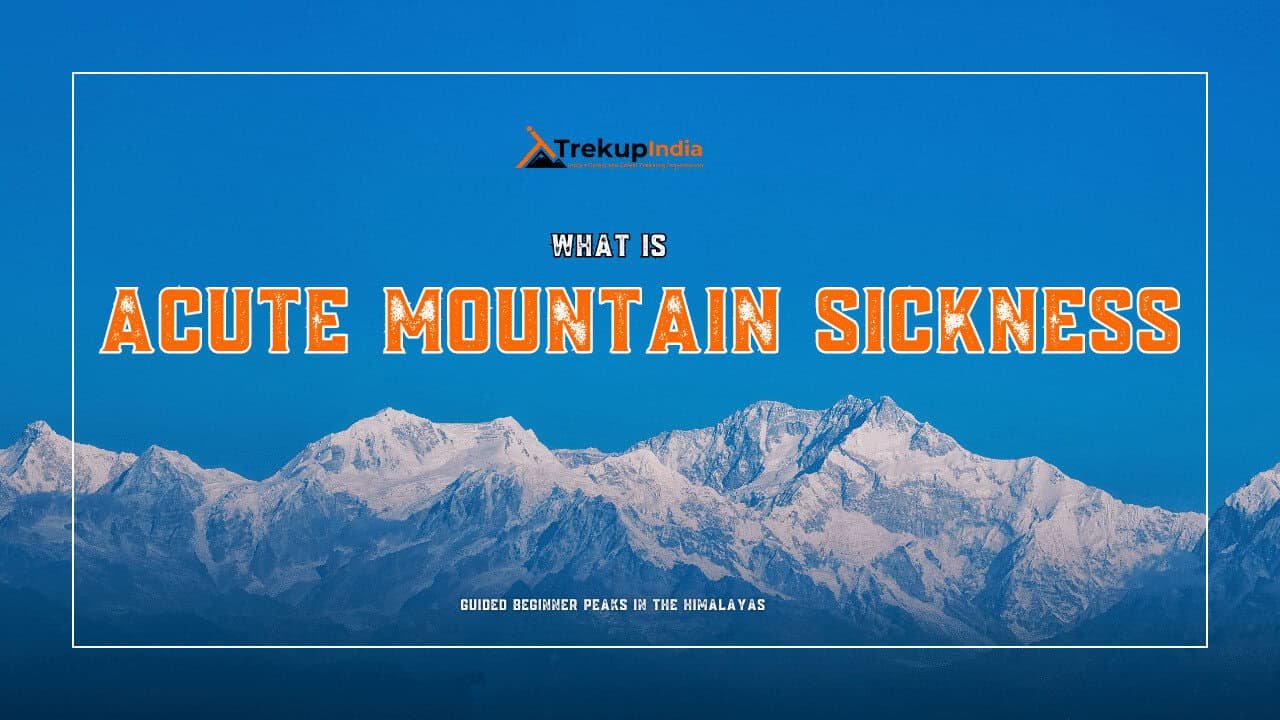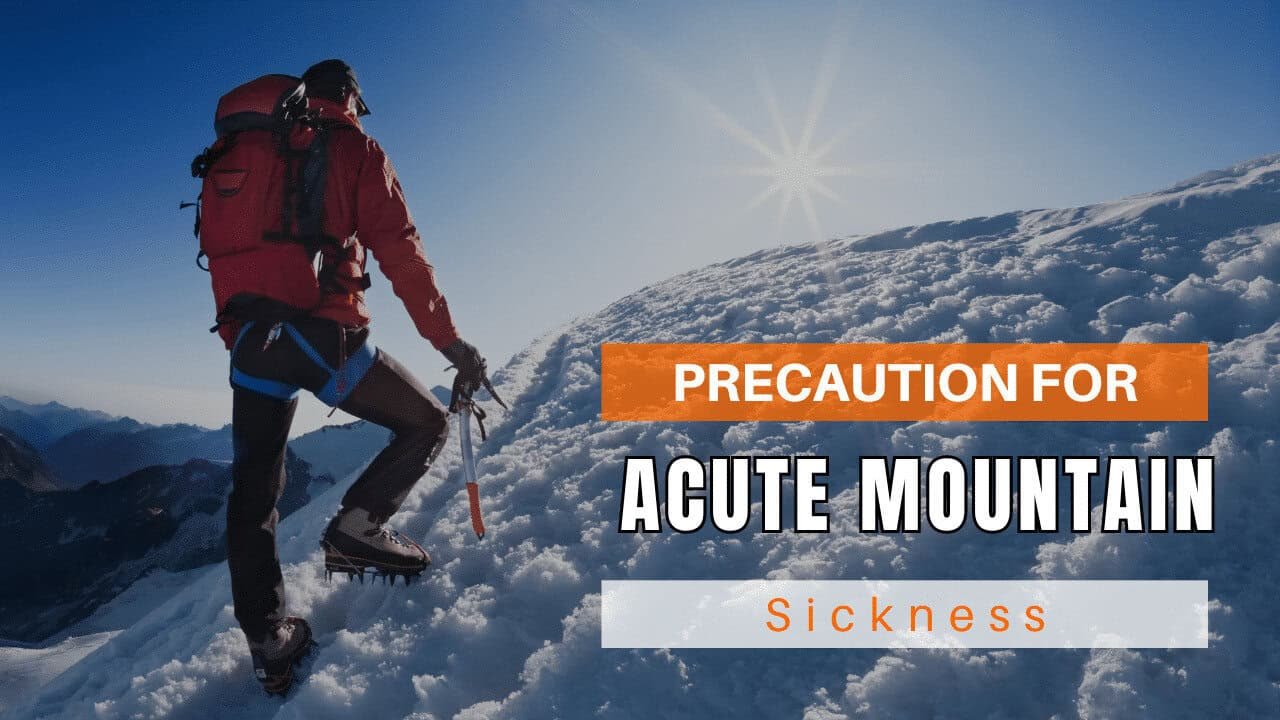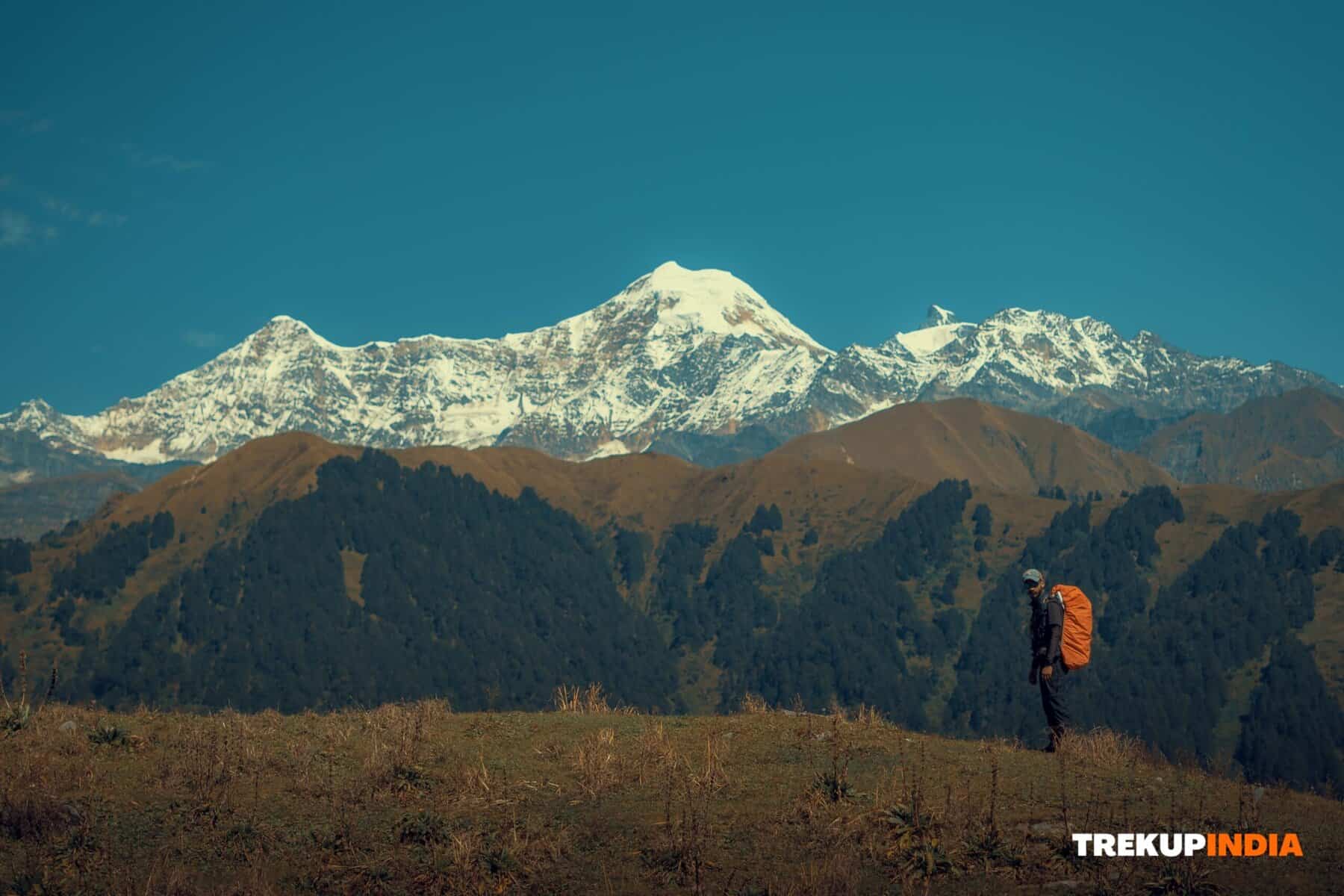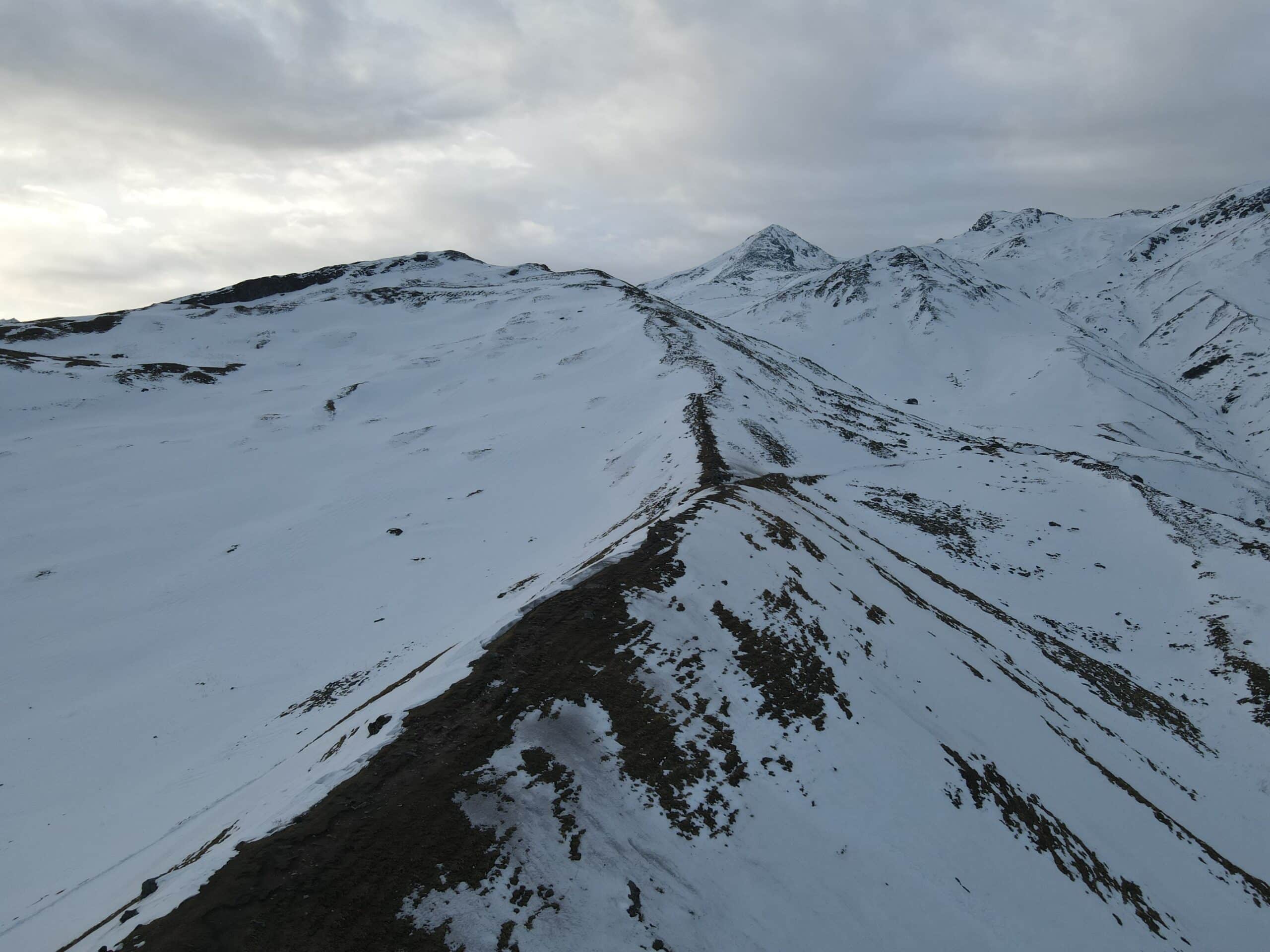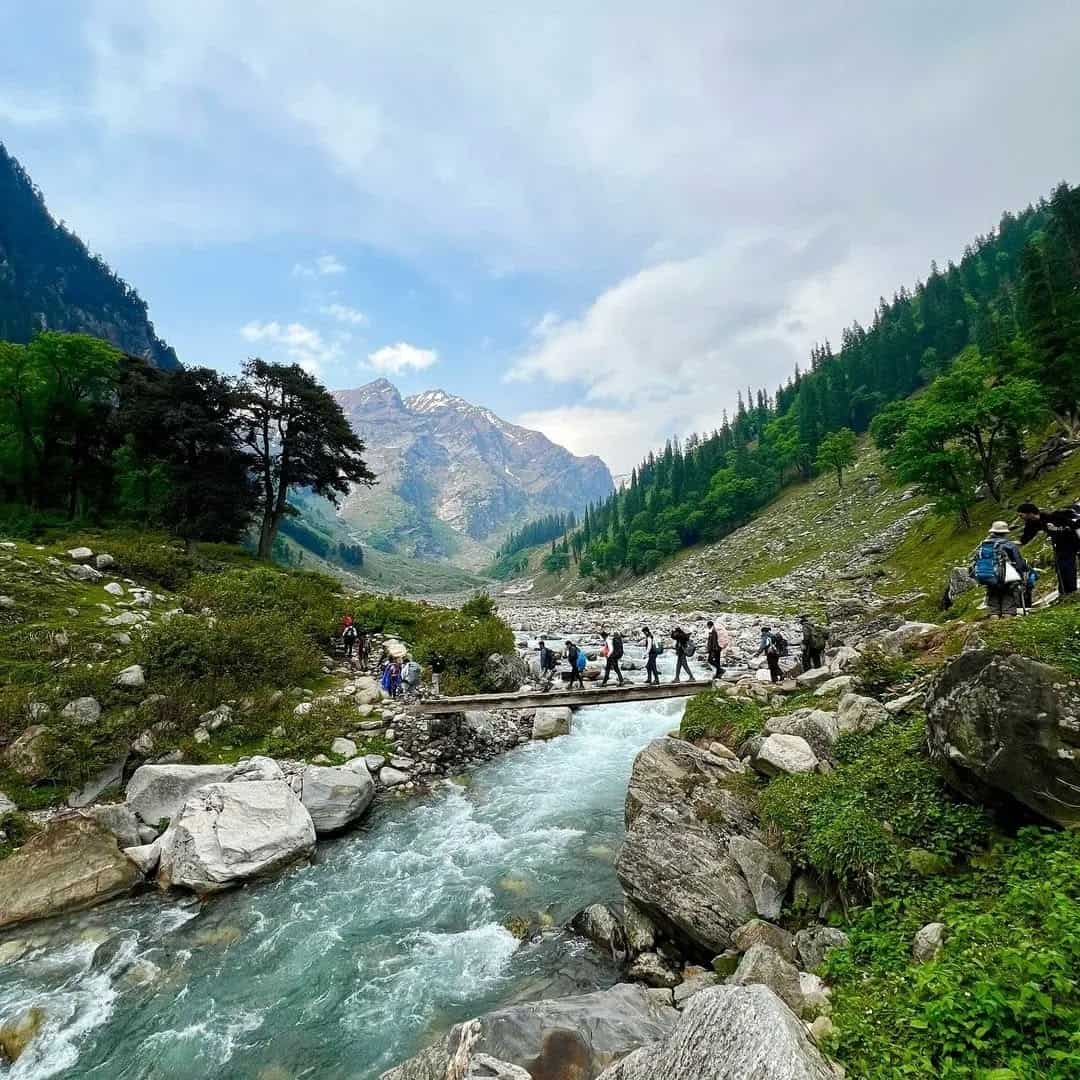Mental Effects of High Altitude: Staying Focused and Positive on Treks
Trekking in India’s Himalayan mountains often conjures images of breathtaking sights, physical exhaustion, and altitude sickness frequently overlooked is how altitude changes one’s mood and mental clarity. TrekUp India has seen some top trekkers struggle with foggy thinking or low moods at higher altitudes; some also report sudden anxiety at these higher altitudes.
Recognizing and understanding the emotional effects of high altitude is just as essential to physical preparation. Being aware and having adequate equipment will enable you to protect not only your body but also your mind while on treks.
How Altitude Affects the Mind
- Cognitive Slowness (Altitude Brain Fog)
In high altitudes, reduced oxygen (hypoxia) has an adverse impact on brain functions, making it harder for trekkers to stay focused, track directions, or make quick decisions. You might even experience your mind “lagging” behind your body.
- Mood Swings and Irritability
Lower oxygen levels combined with fatigue and stress from the environment can result in mood swings and irritability, magnifying little issues into bigger ones, leading to shorter patience on longer journeys.
- Anxiety or Panic
Trekkers unfamiliar with unfamiliar terrain, isolation, and physical discomfort may experience mild anxiety or panic attacks during a trek. Trekkers could find themselves wondering, “What will be my next step if something goes wrong?”
- Sleep Related Emotional Dips
Because sleeplessness is common at high altitudes, any loss of restful slumber can affect one’s emotional equilibrium in various ways. You could wake up feeling fatigued, disoriented, or unusually depleted of energy despite having received sufficient rest during the night.
TrekUp India Provides Tips to Remain Mentally Strong at Altitude
- Acclimatize Gradually
Our first strategy for successfully climbing is to acclimate gradually. Our itineraries incorporate rest days and gradual elevation gains so your body and mind have time to adapt; in contrast, rushing will increase both the risk of Acute Mountain Sickness (AMS) as well as mental strain.
- Establish and Maintain Positive Routines
Simple daily practices such as journaling, stretching, or even having tea in an evening group can provide a sense of order and regularity that will give you comfort when facing mental challenges.
- Fuel Your Brain
Nutrition plays an integral part in mental performance. Take regular meals high in carbs (like rice varieties like khichdi or roti with lentils) and stay hydrated to improve cognitive performance. Do not skip meals, even when not hungry, as this could alter mood and energy levels negatively.
- Deep Breathing
Mindfulness Engaging in controlled breath practices such as pranayama or taking five minute mindful breaks may help lower anxiety levels and boost mental wellbeing, leading to improved mental state. TrekUp India guides regularly incorporate simple breathing exercises as part of breaks for their clients.
- Talk it Out
If you’re feeling anxious, angry, frustrated, or just “off”, talk with one of your guides or team members immediately. TrekUp India leaders have been trained to recognize early signs of mental fatigue and provide an impartial listening ear during this important moment in your journey.
- Focus on Short Term Goals
Instead of dwelling on the entirety of the trek, focus on setting small and manageable goals along the way: lunch breaks, water sources, or camping spots are just examples. This “step by step” mental approach keeps your brain engaged and focused.
- Get Enough Sunlight
Exposing yourself to sunlight can have a dramatic impact on your mood, especially at times when your body’s biological clock is shifting. Spend as much time outdoors during breaks as possible, but avoid sleeping in tents when possible.
- Minimize Information Overload
Try not to stay connected for too long with your phone (where there’s signal). News updates or social media could become distracting and cause anxiety; make time to disconnect and relax.
When to Seek Help
Should mental confusion, emotional strain, hallucinations, or disorientation combine with physical symptoms like dizziness, nausea, or loss of coordination to indicate High Altitude Cerebral Edema (HACE), it should be treated immediately with medical evacuation and evacuation at altitude. TrekUp India teams have emergency responses at altitude training, as well as oxygen tanks and emergency communications systems in case this situation arises.
TrekUp India believes mental resilience is as vital as physical stamina for an enjoyable trekking experience, so by prioritising tools, awareness training, and team support during our treks, we can help ensure that every trekker feels relaxed, focused, and secure regardless of conditions that may prove challenging.
Conclusion
Trekking in high elevations isn’t only a physical challenge; it also challenges your mental stamina and flexibility. TrekUp India believes that understanding these changes is integral to having an enjoyable trekking experience, and safety is of utmost importance for its members. The Himalayan Mountains can be beautiful, but can also be an unexpected source of anxiety, confusion, or even emotional discomfort due to psychological effects associated with high-altitude trekking. Being aware of and managing them effectively are keys to having a safe trekking journey experience.
By taking proactive steps such as adapting to a gradual acclimation process, creating grounding habits, eating healthily, and staying hydrated while remaining well hydrated as well as seeking assistance when needed, you not only protect your body but also enhance the trekking experience overall. Resilience doesn’t just involve bearing pain for prolonged periods but rather being attuned with both mind and body to resolve actions with greater awareness.
Share this article
Want To Trek Like Pro?
Check out the following videos if you want to trek like a pro trekker and improve your skills. These videos contain helpful tips, tricks, and techniques to help you trek like a pro. Whether you’re a beginner or an experienced trekker, these videos can provide valuable insights to enhance your trekking experience. So, watch the videos below by Trekup India experts to take your trekking skills to the next level.
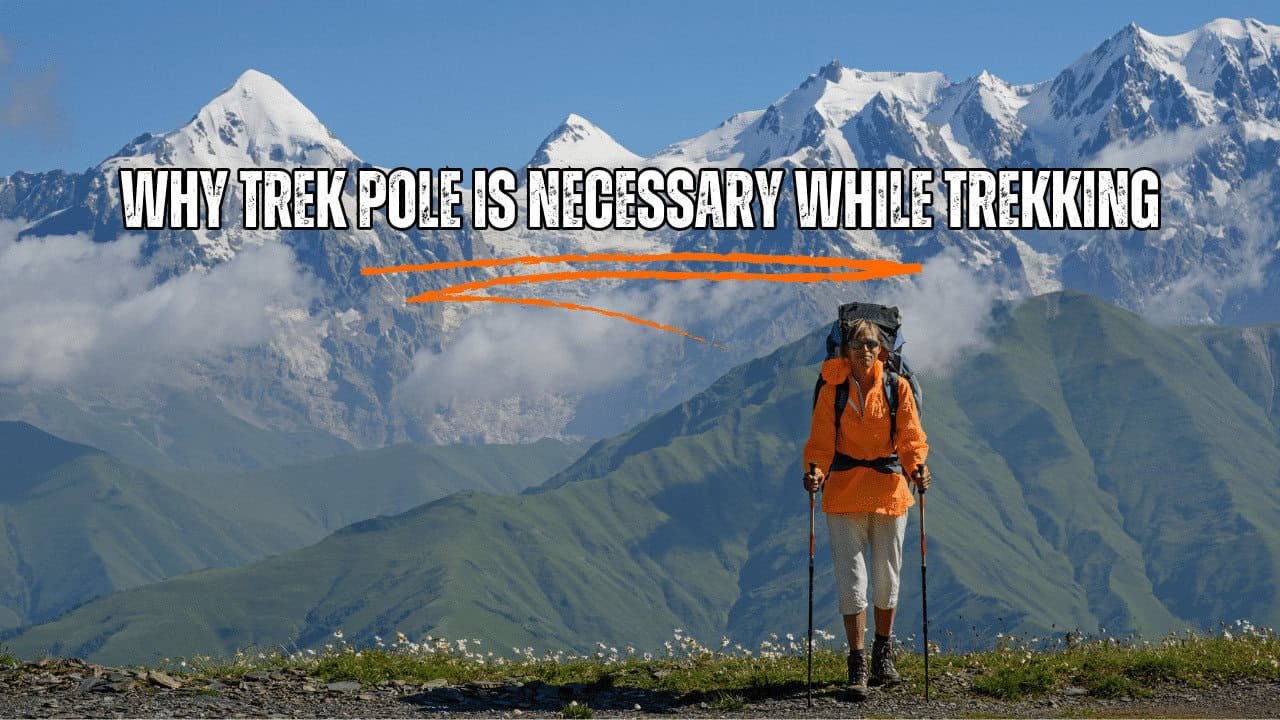






Know Everything About Acute Mountain Sickness
Acute Mountain Sickness is a medical condition that can occur when individuals travel to high altitudes, typically above 8,000 feet. It is caused by the decrease in air pressure and oxygen levels in the air as altitude increases. Symptoms of Acute Mountain Sickness may include headache, nausea, vomiting, dizziness, and difficulty sleeping. To avoid Acute Mountain Sickness, it is important to gradually adjust to high altitudes and seek medical attention if symptoms worsen. To learn more about this condition, check out the videos by Trekup India.
